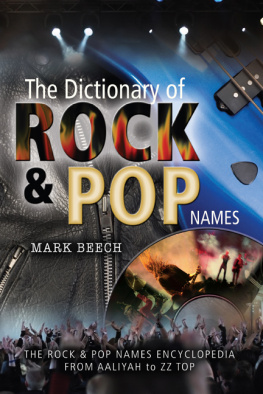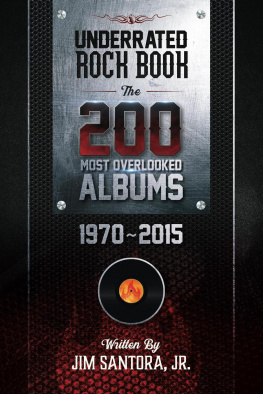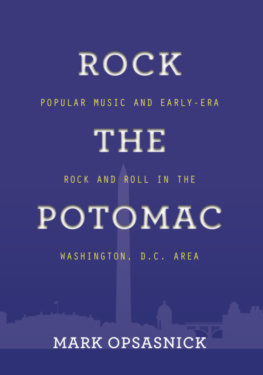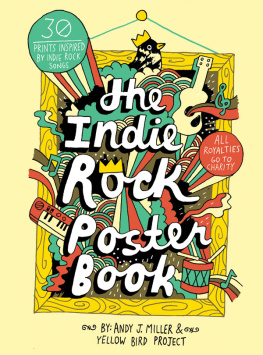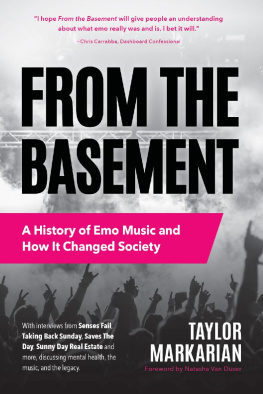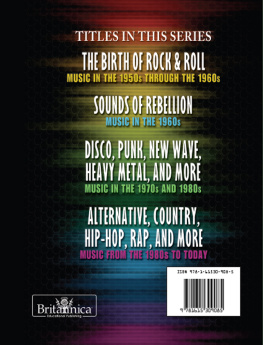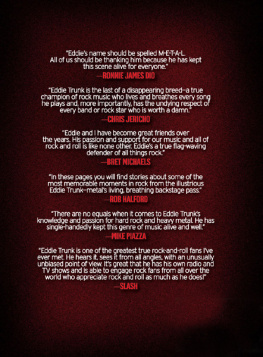

First published in Great Britain in 2009 by
REMEMBER WHEN
An imprint of
Pen & Sword Books Ltd
47 Church Street
Barnsley
South Yorkshire
S70 2AS
Copyright Mark Beech 2009
ISBN 978 1 84415 807 2
eISBN 9781844689095
The right of Mark Beech to be identified as Author of this work has been asserted by him in accordance with the Copyright, Designs and Patents Act 1988.
A CIP catalogue record for this book is available from the British Library
All rights reserved. No part of this book may be reproduced or transmitted in any form or by any means, electronic or mechanical including photocopying, recording or by any information storage and retrieval system, without permission from the Publisher in writing.
Typeset by Phoenix Typesetting, Auldgirth, Dumfriesshire Printed and bound by Biddles, Kings Lynn
Pen & Sword Books Ltd incorporates the Imprints of Pen & Sword Aviation, Pen & Sword Maritime, Pen & Sword Military, Wharncliffe Local History, Pen & Sword Select, Pen & Sword Military Classics, Leo Cooper, Remember When, Seaforth Publishing and Frontline Publishing.
For a complete list of Pen & Sword titles please contact
PEN & SWORD BOOKS LIMITED
47 Church Street, Barnsley, South Yorkshire, S70 2AS, England
E-mail: enquiries@pen-and-sword.co.uk
Website: www.pen-and-sword.co.uk
The Author
Mark Beech is a journalist, writer, and broadcaster. His articles have appeared in many newspapers worldwide, including most of the British nationals. He has been described by the BBC as the worlds leading expert on music names. He has interviewed thousands of stars and is the author of The A-Z of Names in Rock (Robson Books, 1998) which U.K. disc jockey John Peel said was one of the most-needed reference works.
He is pop and rock critic for Bloomberg News and the London editor of MUSE, the cultural section of Bloomberg. He listens to more than 1,000 CDs a year for his column, which is syndicated to more than 400 newspapers, many in the U.S., as well as appearing on Bloombergs Website and terminals. Mark also writes and edits articles about literature, art, theatre, dance, architecture, restaurants and other cultural issues.
He was in Liverpool as the Fab Four made it big but was far too young to remember any of it. He graduated through The Beatles Fan Club to Bob Dylan, to schools in Shrewsbury and Evesham and St. Catherines College, Oxford University, where he was a Kitchener Scholar and where his first book was published: Passionfruit , edited by the late distinguished poet Howard Sergeant its title meant it ended up in the cookery section of one bookshop. Mark has an M.A. in Philosophy, Politics and Economics. After graduation, he became a film script writer and one of the founders of The Daily News in Birmingham. He has also worked for The Sunday Times , ITN and the Press Association among others.
He interviewed many top musicians, as well as their family, friends, managers, concert promoters, roadies, groupies, and anyone else he could think of along the way. This has resulted in articles on Madonna, Bruce Springsteen, Michael Jackson, Sir Paul McCartney, and just about any other star whose name can be casually dropped in conversation at parties. (He has written a book about names, what do you expect?)
Marks play Freaks Come Out At Night was one of the Westminster Prize award-winners in 2005 and was performed in the West End starring Burn Gorman and Robert Mountford. Soho Theatre produced Marks earlier play, Happy/Sad , in 2001.
He divides his time between a house in London and a farm in Herefordshire, where he is usually to be found annoying his tenants by playing his favourite CDs loud for research purposes. He is an inveterate attendee of concerts varying from rock to classical and an expert on the music of Sir John Tavener. He describes his musical tastes: Tavener above all. Then Beethoven to Blonde on Blonde ; Sibelius to The Smiths; Messiaen to Joni Mitchell.
His other interests include painting and photography; travel and collecting everything from books and CDs to antique typewriters and cars. Sometimes I sleep, but, like Warren Zevon, I wont do much of that until Im dead.
Epigraph
Where did you get the name of the group? This is the question which plagues every band on the planet.
Whenever you see this question appear in an interview or an article, you know that the journalist has left his/her brain in a matchbox somewhere. Its bad enough that mediocre journalists base whole articles on such secondary matters. Most journalists are worse than mediocre, so they have to actually ask the question first.
Andrew Eldritch , The Sisters of Mercy.
Introduction
This book differs from every other work about rock names.
First, its up to date.
Second , its based on research over two decades and counting by a professional journalist well, so Ive been kidding people since the 1980s. I started the project shortly after making journalism my misbegotten career.
Third , its based, where possible, on primary sources and cross-checked facts, not gossip or speculation. Ive interviewed thousands of rock stars as diverse as Sting, the Smiths, and Sigue Sigue Sputnik. Ive also travelled thousands of miles, scanned countless yellowing newspaper clippings, and contacted many record companies and agents.
Fourth , this is the successor to The A-Z of Names in Rock , a work that British disc jockey John Peel thought should become a standard music dictionary. The BBC kindly called me the worlds leading expert on rock names. Radio personality Jono Coleman said that it was one of the finest rock reference books, which should grow and be kept in print forever. (Thanks, folks.)
WHO, WHAT, WHERE, WHEN, HOW?
This volume will be of use and entertainment to those interested in names, words and especially popular music. Its an A-Z guide of the stars and groups of today, yesterday, and in some cases tomorrow. As its title implies, it provides the answers to one of the great questions in music, from the biggest-selling and best-known down: Why are they called that?
- Why were The Beatles called The Beatles?
- Why The Rolling Stones?
- How did (insert the name of your choice here) arrive at their name? I cant include everyone within this volume but youll find an array from The Bee Gees to Elton John, HearSay to Nirvana, Badly Drawn Boy to Oasis, Destinys Child to Linkin Park.
- Why should a band whom everyone knew decide to stick to the name The Who?* What was wrong with their previous choice, The High Numbers?
- Why did she become Madonna?** What about Eminem? Moby? Pink?
- Who or what really inspired Bob Zimmerman to become Bob Dylan?*** Reginald Dwight to (Sir) Elton Hercules John? Dave Jones to David Bowie? Harry Webb to (Sir) Cliff Richard? Brian Warner to become Marilyn Manson?
- What of the teen idols: Backstreet Boys, Take That, Wham!, Duran Duran, Boyzone? The Spice Girls or the Sugababes?
- How did Paul Hewson become Bono? And his group become U2?
- Who, or what, are Arctic Monkeys? Eurythmics? A Sex Pistol? A Led Zeppelin? What is a Stone Rose? An Aztec Camera? A Prefab Sprout? A Strawberry Alarm Clock? A Manic Street Preacher? Or a Quiet Riot?
- Why should anyone wish to embarrass their fans who had to ask for records in shops by The The? Or embarrass themselves by naming Gay Dad? Or Ol Dirty Bastard, Puff Daddy/Diddy, Snoop Dogg or Ghostface Killah?
Next page
